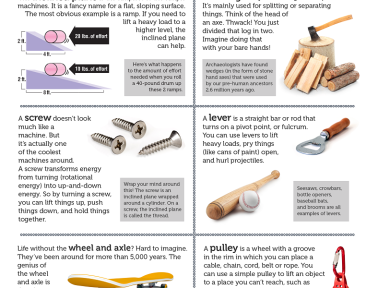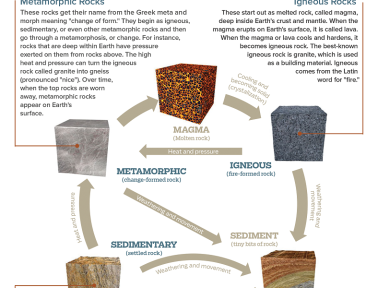I have three boys. Two are between the ages of four as well as six– prime specimen for the potty-talking stage. The various other is still just squealing yet has currently been coached by his older as well as wiser brothers as to the funny value of words like “proclaim” as well as “poop”.
Why is it that little ones have such a giddy fascination with all points scatological?
The concern has probably been around since the dawn of time, and you might likely find more responses than there are rest stops on your next household trip. In my opinion, most difficult actions in children are driven by one or both of 2 incentives: Power and also Attention.
Right here are a couple of ways Potty Talk fits the mold and mildew:
Power
- Kids have rather just recently tackled the job of bathroom training. Making fun of something is one means to reveal full prevalence. Like a hero laughing in the face of danger.
- Vocabularies expand at lightning speed for young kids. They are continuously acquiring brand-new words. They are additionally quick to note that some words are used with higher focus and also audio powerful. Those words go to the front of the line for language procurement. (Make note the following time you hear a person use a vow word or off-color langauge. If you didn’t recognize the meaning, would you have the ability to choose the forbidden word just by the method it was stated or the response it obtained? Youngsters typically can.)
- When kids understand a word is frowned on, resisting that restriction is a display of power.
Attention:
- Humoris a creating frontier for these young ones, and also they’ve noticed there is one subject that never falls short to obtain results …
- Also if you do not discover this toilet raillery to be amusing, if you respond with dramatic shock or overstated annoyance, your child has still secured your focus.
So besides waiting on their adult years (which doesn’t always cure the attraction with the foul) what can you do to curb the unfamiliarity?
As is usually true of habits, the solution hinges on the causes.
Power
- Feed your youngster’s power by delicately commenting that he is as well smart/polite to make use of those words in this way. Deal much better words— whether they far better connect the desired feeling, or are foolish enough to obtain the laugh. Make up your very own foolish words together! Highlight the reality that these words are better, smarter, or even more polite.
- Expertise is power.Often, practical discussions demystify inquiries like “Where does poop originate from?” “Where does it go?” and also “That else toots?” and also the topic starts to shed its funny allure.
- Teach that power comes from polite words. Particularly if the behavior is becoming certainly habitual, show your kid that using improper language brings about less power with effects. Be practical concerning it nonetheless. Over-reacting just feeds the 2nd aspect.
Attention
- As hard maybe to keep from chuckling at your youngster’s silliness or diving into an extreme lecture, focus typically only fans the flames. Particularly if it is an initial violation, overlooking is just one of the most effective ways to go.My child when said something I can not have also imagined coming out of his 3 year old lips. As I was 2 words right into a pungent lecture, it occurred to me that he was merely playing with noises, as well as had definitely no idea that he had said anything of meaning– obscene or otherwise. Rather than “That’s NOT something we say in our home!” I made a mid-sentence lane-change right into “That’s not even a real word!. ?.!! “My shocked tone slid into a silly tone and also a discussion on various other foolish words diverted the rest of the focus. I haven’t heard the word since. (Though I have a creeping suspicion that my initial impulse would certainly have brought about even more testing.)
- Leave, continue on without missing out on a beat, or rebuke just with a demanding look or an easy, ” We need courteous words right here”.
- Offer much better attention-getting methods by educating “smarter”, “funnier” jokes and offer your full focus (and also full belly laughs) when he utilizes those methods instead.
- Teach context. Frequently, it isn’t words that improper, it’s the means they’re made use of. Remind youngsters that, “Those are shower room words. If you wish to utilize them, please enter into the restroom.” This gives youngsters a place to experiment while still instructing social suitability and draining pipes the words of their novelty.
You likewise should acknowledge your youngster’s developing level.Kids are discovering language and social regulations. You may require to instruct these rules clearly. (” I know your buddies make fun of those sort of words, however they aren’t polite when they’re made use of in this way. You are a kind as well as respectful kid, yet if somebody listened to those words from you they could not recognize that.”) These lessons are typically more reliable away from the howling giggling of his peers. Attempt initiating them at bed time, tale time, or while doing duties with each other … perhaps while scrubbing the commode.
Exactly how do you respond to “Potty Talk”?
Leading picture by sskies.
Facility photo by Jonathan Hillis.










